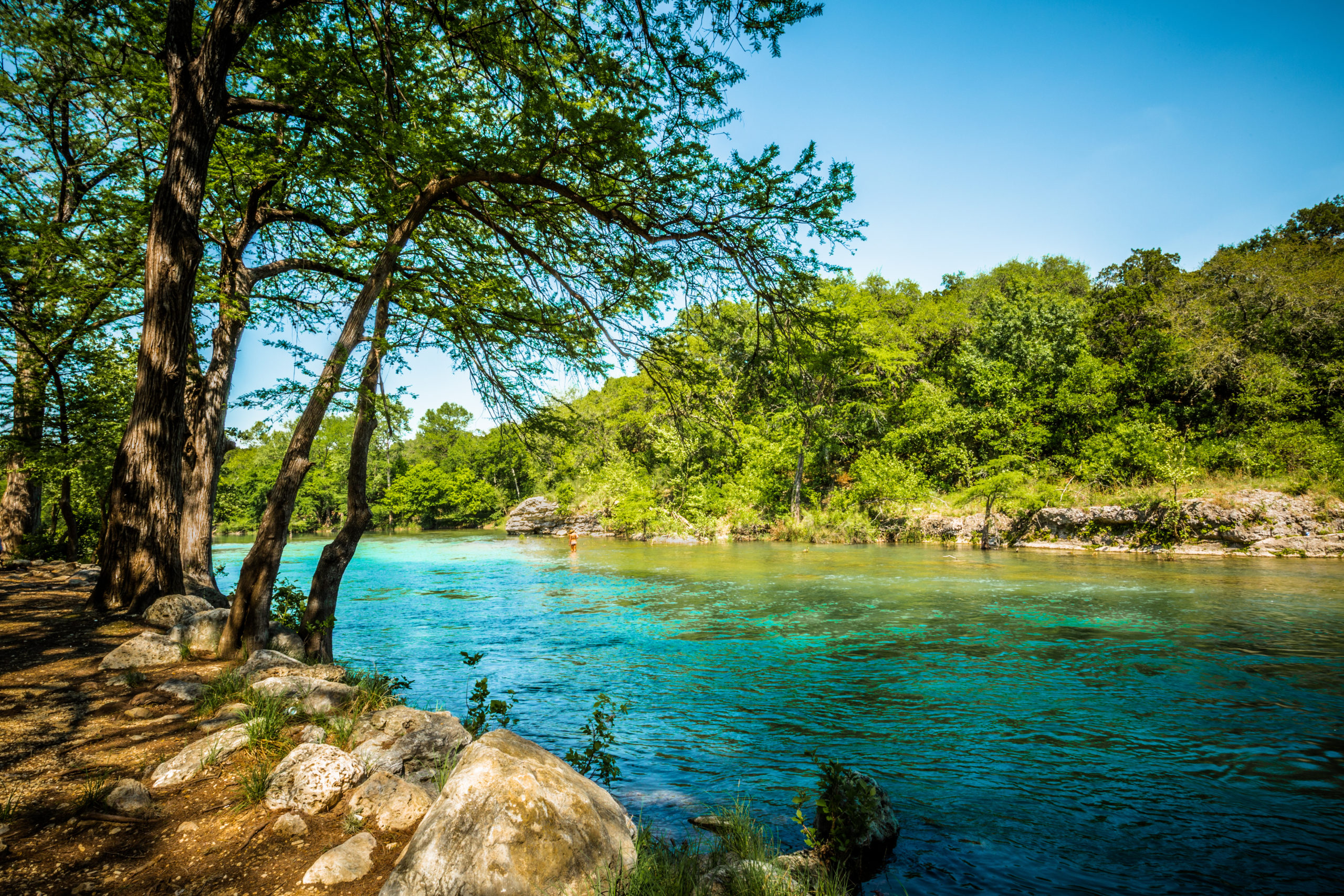Where to See Texas Stars at Night
You can’t help but clap four times when someone says the Stars at Night are Big and Bright. It’s interwoven in our culture that somehow the stars are bigger and brighter in the wide Texas landscape. With the ever-increasing light pollution from cities, Texas Parks and Wildlife’s Dark Sky Program ensures that there will always be great escapes to be able to see the most stars.

The International Dark Skies Association works with local astronomy groups to protect the night skies for viewing stars and planets. Every year, they have an annual Dark Sky Week in April to encourage a worldwide shared goal to protect the night. Texas Parks and Wildlife Department has partnered with the International Dark Skies Association to raise awareness of preserving night skies with star parties, self-guided constellation tours and light pollution education programs.

What is a dark sky?
In general, the further away you are from a city, the better the visibility of the stars and planets. The Bortle Scale rates how well you can see objects in the night sky, and considers light pollution and sky glow. The lower the Bortle Scale number, such as 1, is the darkest skies, whereas areas with greater light pollution will have a higher number. You can find a list of Bortle Ratings of all of the Texas State Parks here to help you find a park near you for star viewing.

Where to find a dark sky in Texas?
The Texas State Parks with the best celestial viewing ability are Bortle Scales 1-3 and have star viewing programs. Big Bend Ranch State Park is the only Class 1 park and is ranked one of the top places in the world to see stars. Big Bend Country, the Hill Country and the Panhandle Plains also make the list.
See a list of all Texas State Parks’s Bortle Scale Rating here.

“Davis Mountains-McDonald Observatory” by jaygannett is licensed under CC BY-SA 2.0
Events for star viewing
Covid-19 restrictions have limited some events, however check out the Event Calendar to see what is available. It’s always a good idea to book in advance since they fill up.

Special needs:
Check with events to see if special accommodations are available. Most state parks are handicap accessible.
Know before you go:
Camping sites and cabins fill quickly, so reserve early.
Bring insect repellant for nighttime bugs.
Bring a flashlight or headlamp when out at night on the trails.
More animals are out at night, so use caution when walking on trails.



